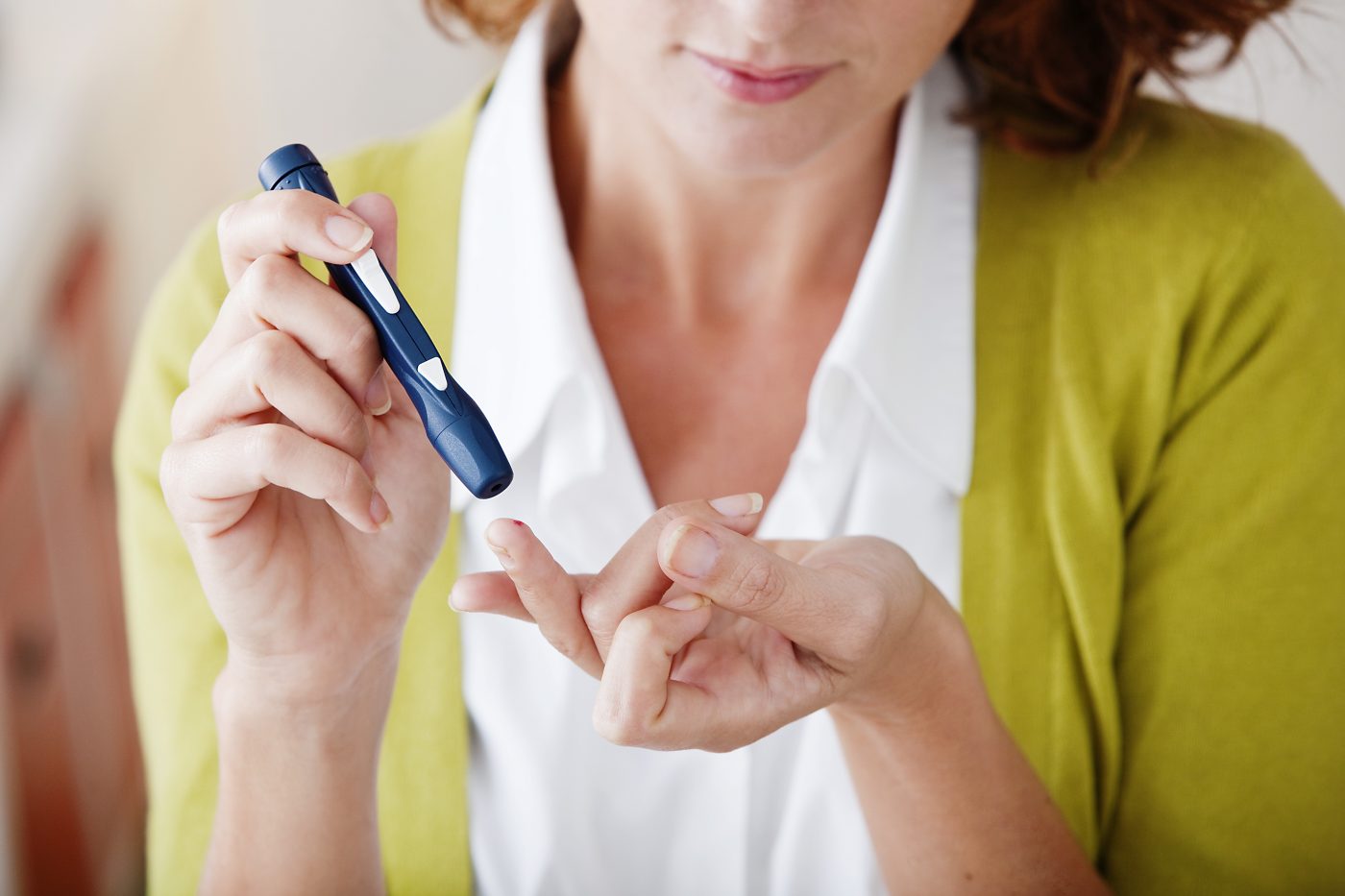PhaseBio Pharmaceuticals, Inc., a company focused on the development of novel drugs for diabetes and cardiopulmonary disorders, recently announced promising Phase 1 results in terms of safety and tolerability of its super-long-acting basal insulin product PE0139 in patients with type 2 diabetes. The results were presented at the American Diabetes Association 75th Scientific Sessions 2015, June 5 to 9 in Boston at an oral presentation entitled “PE0139, the First Recombinant Fully Human Monomeric Super-Long-Acting Basal Insulin to Display a Sustained Nearly Peakless Insulin Profile Following a Single Subcutaneous Dose in Subjects with T2DM Supporting Weekly Dosing”.
Type 2 diabetes is the most common form of diabetes, affecting 90 to 95% of the individuals diagnosed with the disease. Patients with type 2 diabetes do not make enough insulin or do not use it properly, leading to insulin resistance and eventually to higher blood sugar levels (hyperglycemia). Insulin is a hormone essential for controlling blood sugar levels and converting sugar, starches and other foods into energy.
PhaseBio’s PE0139 is a novel, long-acting native insulin developed for the treatment of hyperglycemia in patients with diabetes as a once weekly regimen. PE0139 is a fully mature native insulin molecule genetically fused to an elastin-like polypeptides (ELP) polymer, a technology developed by PhaseBio that allows the control of the half-life, bioavailability and physical properties of molecules so that a prolonged exposure and once-weekly dosing can be achieved with reduced side effects.
Researchers reported that treatment of 24 type 2 diabetes adult patients with PE0139 yielded no signs of toxicity, serious adverse events or hypoglycemia. PE0139 was overall well-tolerated by the patients. In comparison to a control placebo treatment, PE0139 treatment was found to induce a mean decrease in fasting plasma glucose and free fatty acid levels. The results supported a once-weekly PE0139 regimen.
“This is a very exciting first step in the development of a once-weekly insulin formulation, which could be a game changer in the management of diabetes,” said the Chief of the Division of Endocrinology at the University of North Carolina School of Medicine Dr. John Buse in a news release.
Preclinical data on a proof-of-principal study using animal mouse models of type 2 diabetes was also presented at the meeting, showing a strong synergistic effect for the combination of PE0139 with PB1023, a PhaseBio’s once-weekly treatment for hyperglycemia based on a recombinant agonist of the glucagon-like peptide 1 (GLP-1) receptor, which binds to the hormone GLP-1 leading to an increase in glucose-stimulated insulin secretion. The presentation was entitled “Synergistic Action of PE0139, a Super-Long-Acting Basal Insulin, and PB1023 a Weekly GLP-1 Receptor Agonist.” Researchers showed that the combined treatment results in a rapid, sustained reduction in fasting plasma glucose.
“We are extremely excited about the pharmacokinetic profile achieved with PE0139 and the potential for once-weekly dosing of basal insulin,” said the Chief Executive Officer of PhaseBio Jonathan P. Mow. “The product is liquid stable, ready-to-use and able to be combined with a long-acting GLP-1 such as PB1023, which would make for a convenient product presentation for weekly dosing. We look forward to advancing PE0139 into a Phase 2a multiple ascending dose study later this year.”


